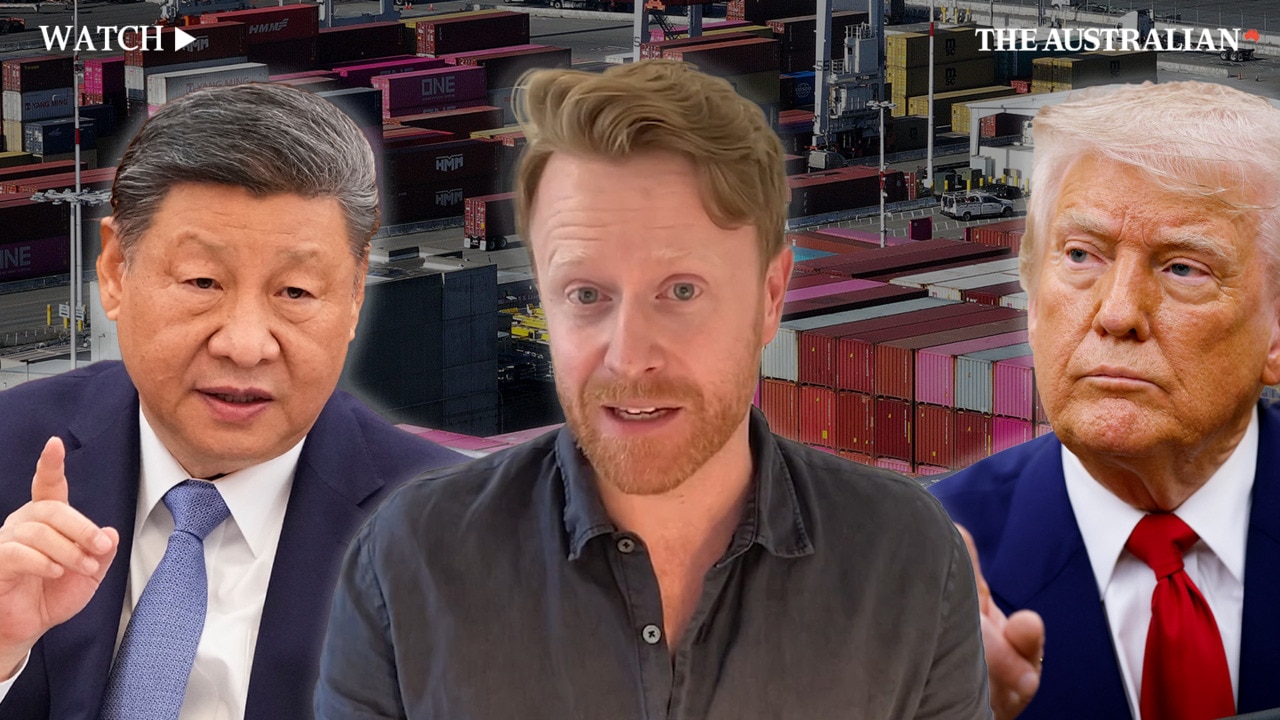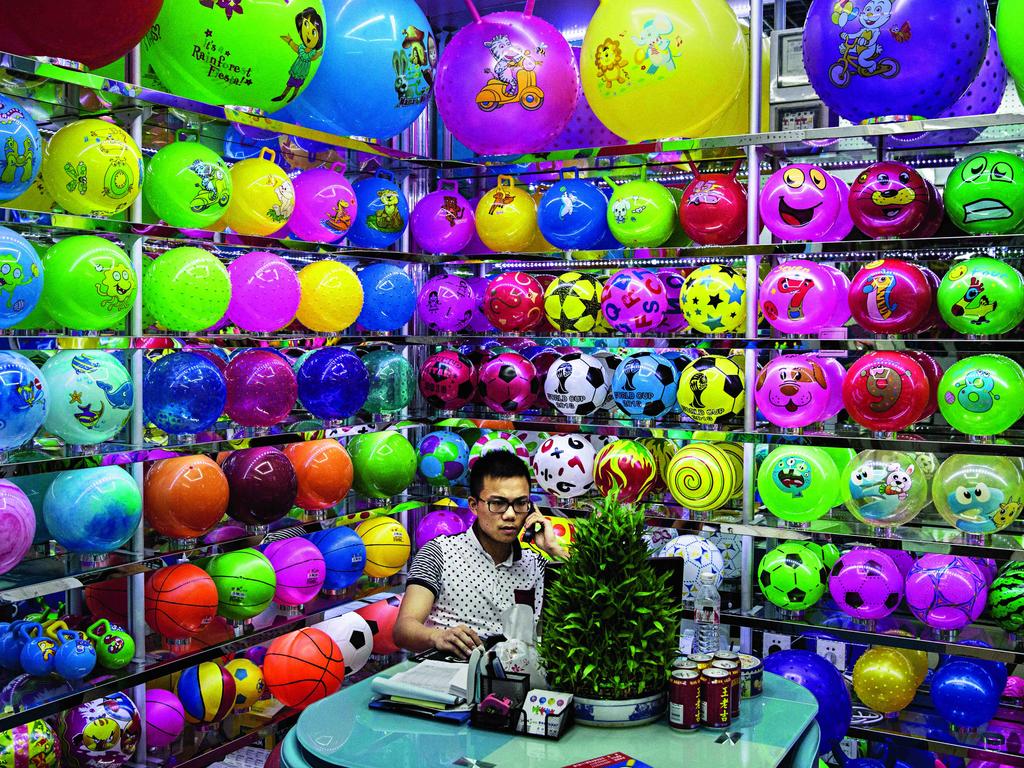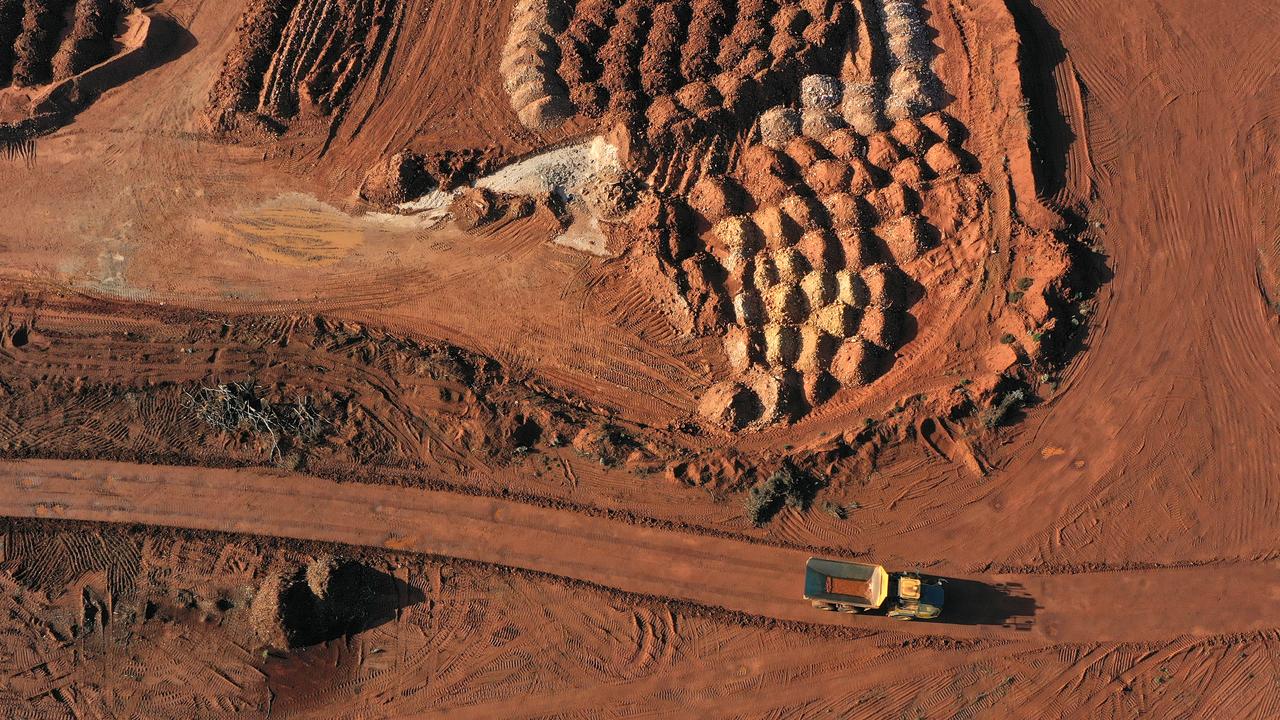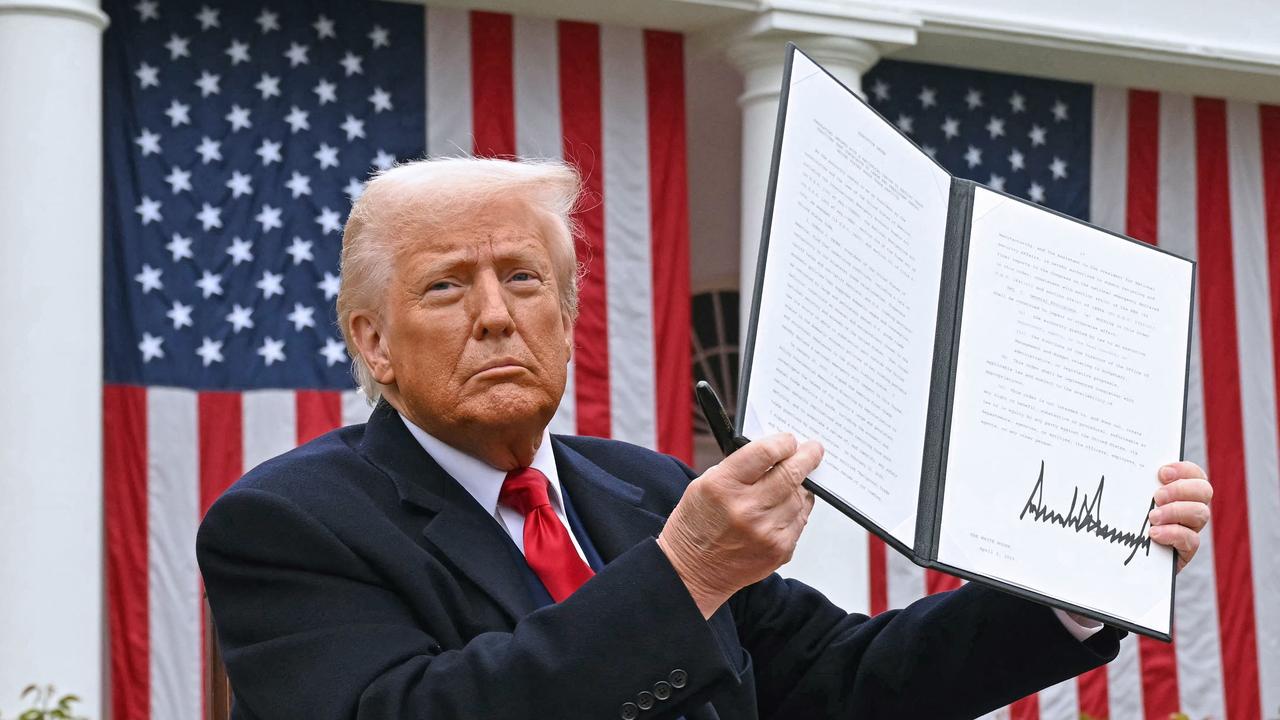
Xi Jinping and his council of yes-men have made a series of epic blunders over the past six days – and they look poised to make China’s disaster even worse.
After Donald Trump’s “Liberation Day” announcement last Thursday, leaders around the world except one took essentially one of two strategies: they either sat on their hands and hoped international sharemarkets would force America’s President to overturn his tariff apocalypse or they sent underlings to sound out the possibility of limiting the damage to their country (and in the EU’s case, prepared a retaliatory package, but wisely held fire on it).
A few, including the leaders of Vietnam, Japan and South Korea, spoke directly – and respectfully – to Trump. However much they disliked his policy, and even the megalomaniacal Trump himself, they thought this the smartest strategy.
President Xi and his loyal comrades took an entirely different approach. They hit back hard – and early. They wanted to show the world that China would not be pushed around. It has been a bloody spectacle to watch.

First came a 34 per cent tariff on American goods last Friday. Trump was furious. He promptly delivered a further 50 per cent whack on China.
Like a metronome, back came the response from Xi and his comrades late on Wednesday with a 50 per cent counterpunch on America. Chinese party state newspapers were crowing about the tough move on Thursday’s front pages. “China will never submit to tariff despotism,” declared the China Daily in its lead editorial.
This morning, stunned people in China woke to find Xi’s determination to look tough – and Trump’s epic backdown on most of his worldwide tariff regime – has put their country in a position that was inconceivable only seven days ago. Trump has reset tariffs on all countries to 10 per cent, except for one: China’s has risen even higher, to a shocking 125 per cent.
Wall Street was euphoric. The Nasdaq has posted its best day in 24 years. Australia and other markets in Asia had roaring Thursdays, with many rising almost 10 per cent. All markets in Asia except for one.
All week, Beijing has instructed its state-owned giants to support China’s highly controlled sharemarkets as it attempts to manufacture an appearance that all is going well.
When those Chinese markets reopened on Thursday, they had a heroic task to stop investors from bailing. Determined buying by state-owned giants managed to get the Shanghai composite up 1 per cent, commendable work in the circumstances.
Beijing has enough tools to massage its highly controlled domestic stockmarkets. But Xi and his team look completely stumped about how to deal with Trump.
Will they finally stop their reciprocal tariffs on America and reassess their “fight to the end” strategy? Don’t count on it. Much more likely they will try to lash out at Trump again.
China’s leader has many talents. He is unquestionably the most skilled political operator of his generation in the Communist Party. But during Xi’s 12 years in power, his management of the egos of American presidents has been a debacle.
It has been during Xi’s reign that much of America’s business community turned on China. It was his choice not to accommodate at least some of America’s concerns about China’s economic practices when Barack Obama, or Trump the first, or Joe Biden were in office.
Now, with an ego to match his own back in the White House, there is no reason to think Xi’s strident approach with the President of America is about to change.
For many in China, these are grim times indeed. “We’re just small pieces on the big game board,” one Chinese businessman told The Australian. “The ‘big’ player enjoys the game, but we are the ones who pay for it.”
And the bruising game isn’t over yet.







